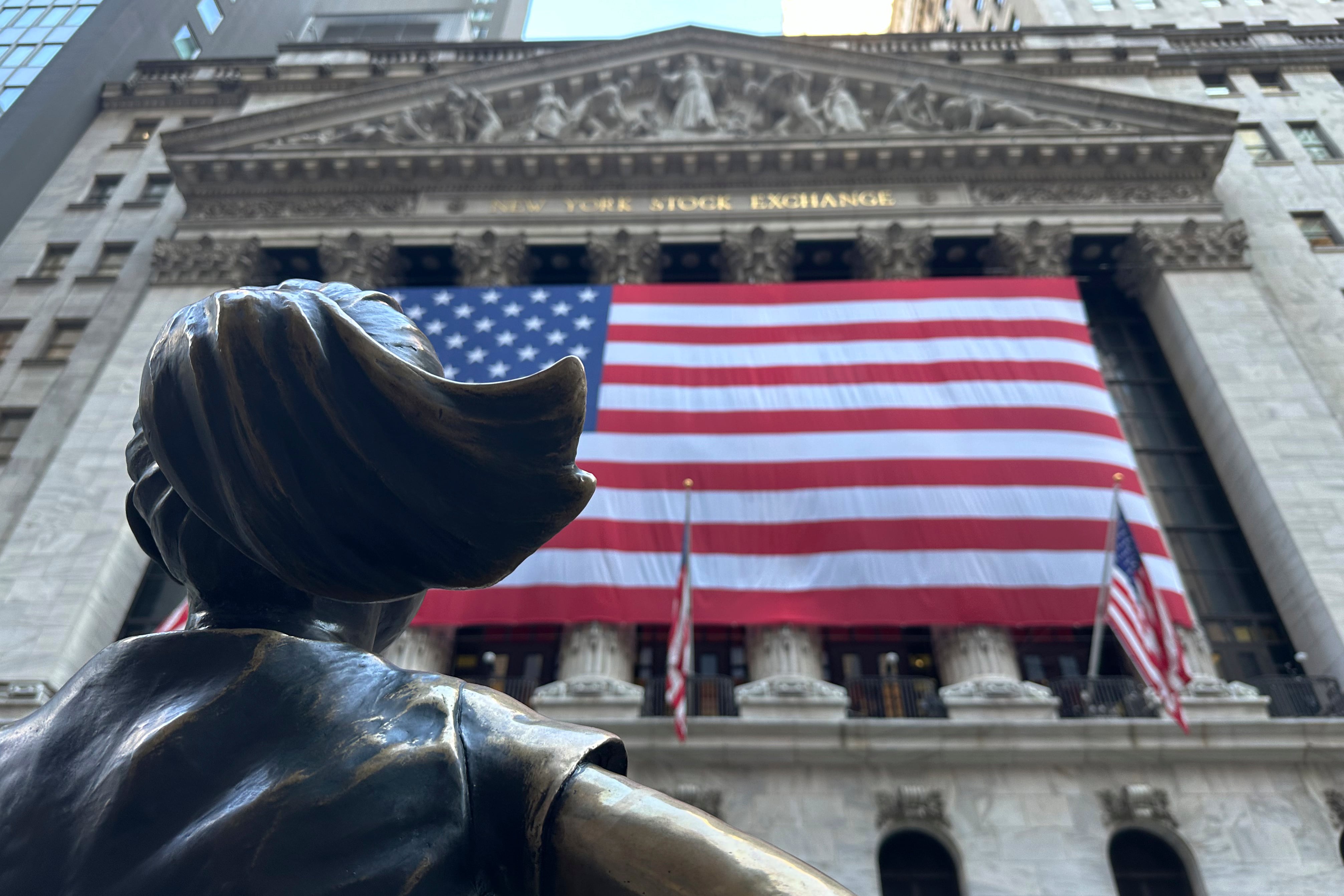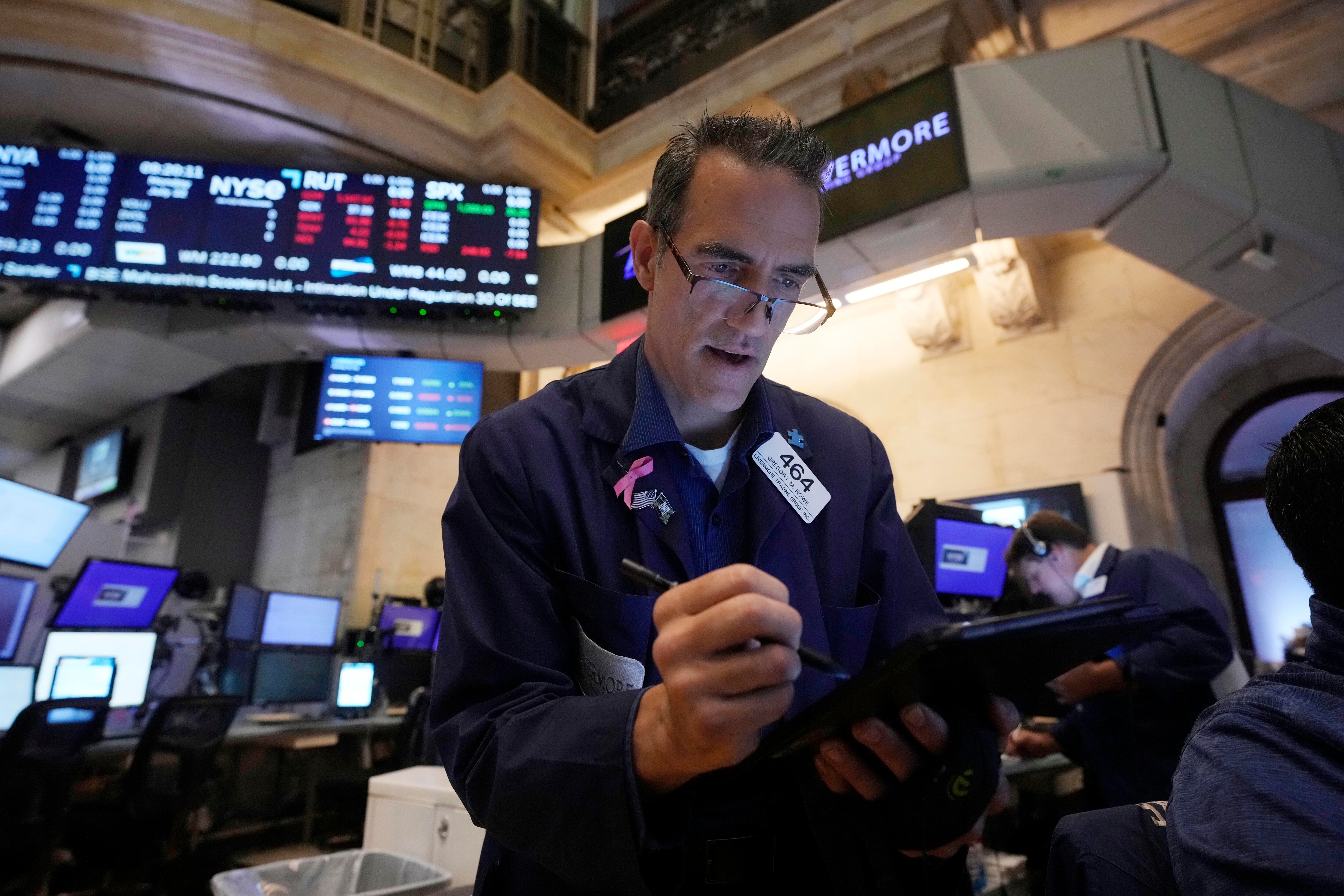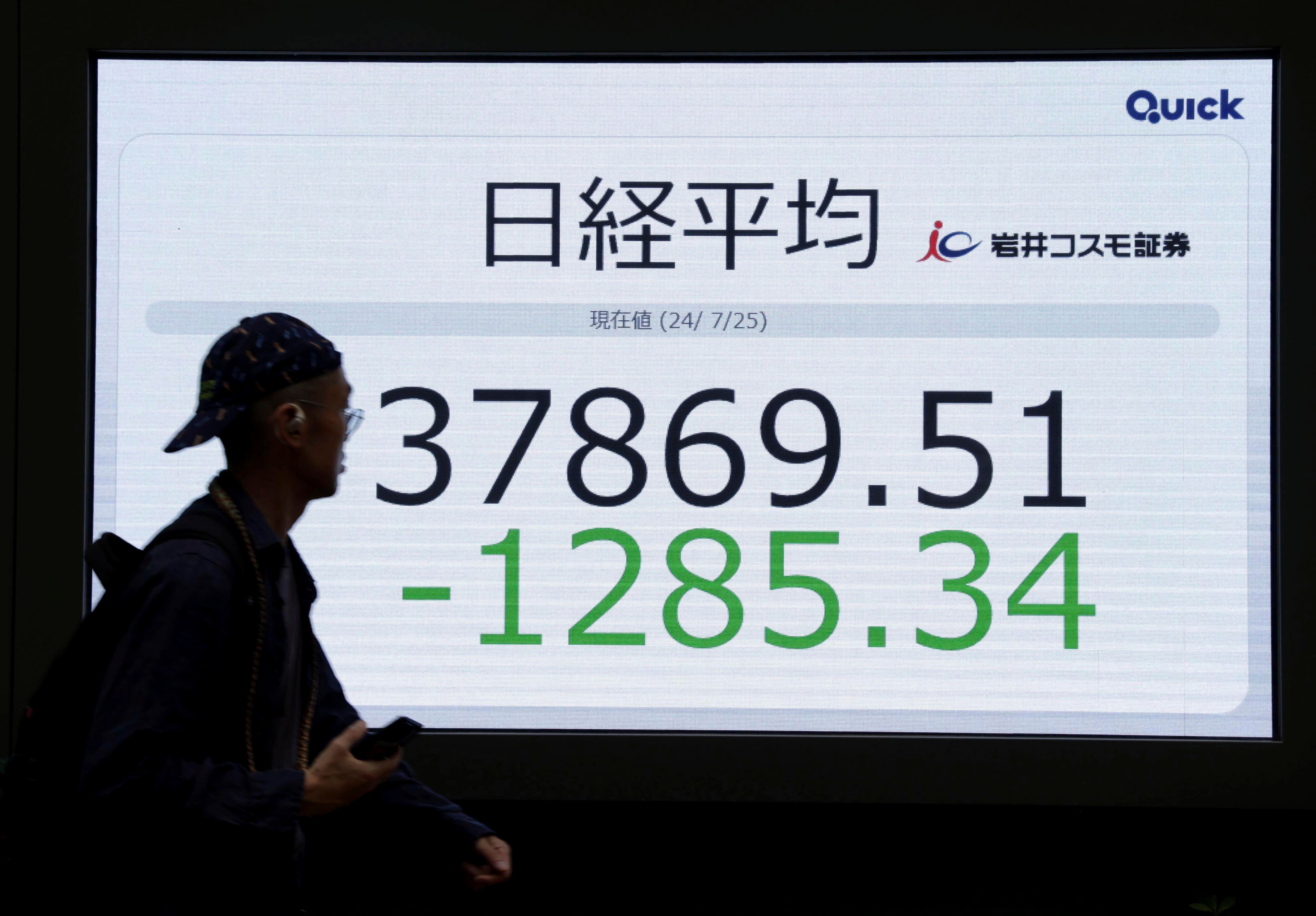By Damian J. Troise and Alex Veiga
Stocks on Wall Street fell broadly Thursday, closing out September with their worst monthly loss since the beginning of the pandemic.
The S&P 500 ended the month 4.8% lower, its first monthly drop since January and the biggest since March 2020, when the viral outbreak rattled markets as it wreaked havoc with the global economy.
After climbing steadily for much of the year, the stock market became unsettled in recent weeks with the spread of the more contagious delta variant of COVID-19, a sudden spike in long-term bond yields and word that the Federal Reserve may start to unwind its support for the economy.
The S&P 500 fell 1.2% Thursday, after selling accelerated in the final hour of trading. The benchmark index is still up 14.7% for the year.
“It’s not really surprising that we’re seeing a weaker September because historically its the worst month on average,” said Jay Pestrichelli, CEO, of investment firm ZEGA Financial. “Unfortunately, there’s not a lot of information to glean for October from it.”
The S&P 500 fell 51.92 points to 4,307.54, and is now 5.1% below its all-time high set on Sept. 2. The September swoon cut into the index's gains for the third quarter, leaving it only 0.2% higher. That's its smallest quarterly gain since the pandemic first stunned the economy and financial markets.
The Dow Jones Industrial Average fell 546.80 points, or 1.6%, to 33,843.92, while the Nasdaq slid 63.86 points, or 0.4%, to 14,448.58. Small company stocks also lost ground. The Russell 2000 index fell 20.94 points, or 0.9%, to 2,204.37.
Bond yields edged lower. The yield on the 10-year Treasury note, a benchmark for many kinds of loans, fell to 1.50% from 1.54% from late Wednesday. It was as low as 1.32% just over a week ago.
All the sectors in the S&P 500 ended in the red Thursday, with technology stocks, banks and and a mix of companies that provide consumer goods and services accounting for much of the pullback. More than 90% of the stocks in the index fell.
The broader market stumbled through September as investors tried to get a clearer picture of the economy’s path amid inflation concerns and uncertainty about how COVID-19 will continue to impact industries and consumers. In recent weeks, economic data has revealed that the highly contagious delta variant has crimped consumer spending and the job market’s recovery.
The weak signals for economic growth continued Thursday as the Labor Department reported that unemployment applications rose for the third straight week and were higher than economists anticipated. The Commerce Department upgraded its estimate of economic growth during the second quarter to 6.7%, which was slightly better than economists expected, but they expect growth to slow to 5.5% during the third quarter.
Inflation concerns that had been weighing on the market earlier in the year returned in September as a wide range of companies issued more warnings about the impact of rising prices on their finances. Sherwin-Williams and Nike are among the many companies that have warned investors about supply chain problems, higher raw material costs and labor issues.
Inflation will likely remain the key worry hanging over the markets for the rest of the year, Pestrichelli said, and it could put the Federal Reserve in the tough position of having to raise rates earlier than anticipated.
Investors are still trying to gauge whether those issues are temporary and part of the economic recovery or could linger longer than expected. The upcoming round of corporate earnings reports could shed light on how companies are dealing with those problems.
“The jury is still out on this and we don’t really know if it's demand-driven or supply-driven inflation,” Pestrichelli said. “If you end up getting lower growth and higher inflation, then you get stagflation and that's no good for the market.”
Investors have also had their eyes on Washington, where Democrats and Republicans in Congress have been wrestling over extending the nation’s debt limit. On Thursday, a bill to fund the U.S. government through Dec. 3 and avoid a partial federal shutdown cleared Congress. Still, Congress’ dispute over whether to raise the government’s borrowing cap remains unresolved.
Treasury Secretary Janet Yellen has said that if the debt limit isn’t raised by Oct. 18, the United States probably will face a financial crisis and economic recession.
Several companies made outsized gains and losses following corporate news on Thursday. Virgin Galactic's stock soared 12.1% after it was cleared to fly again following a Federal Aviation Administration inquiry. CarMax slumped 12.6% for the biggest drop in the S&P 500 after reporting disappointing fiscal second-quarter profits.
Homebuilders fell broadly following a report showing average long-term mortgage rates climbed this week above 3% for the first time since June. Mortgage rates tend to track the direction in the 10-year Treasury yield. The average rate for a 30-year mortgage rose to 3.01%, according to mortgage buyer Freddie Mac. The rate averaged 2.88% last week and a year ago.
Higher mortgage rates limit the purchasing power of homebuyers, potentially pricing out some would-be homeowners. LGI Homes fell 5.1% and PulteGroup slid 4.2%.
Updated on September 30, 2021, at 4:57 p.m. ET.













